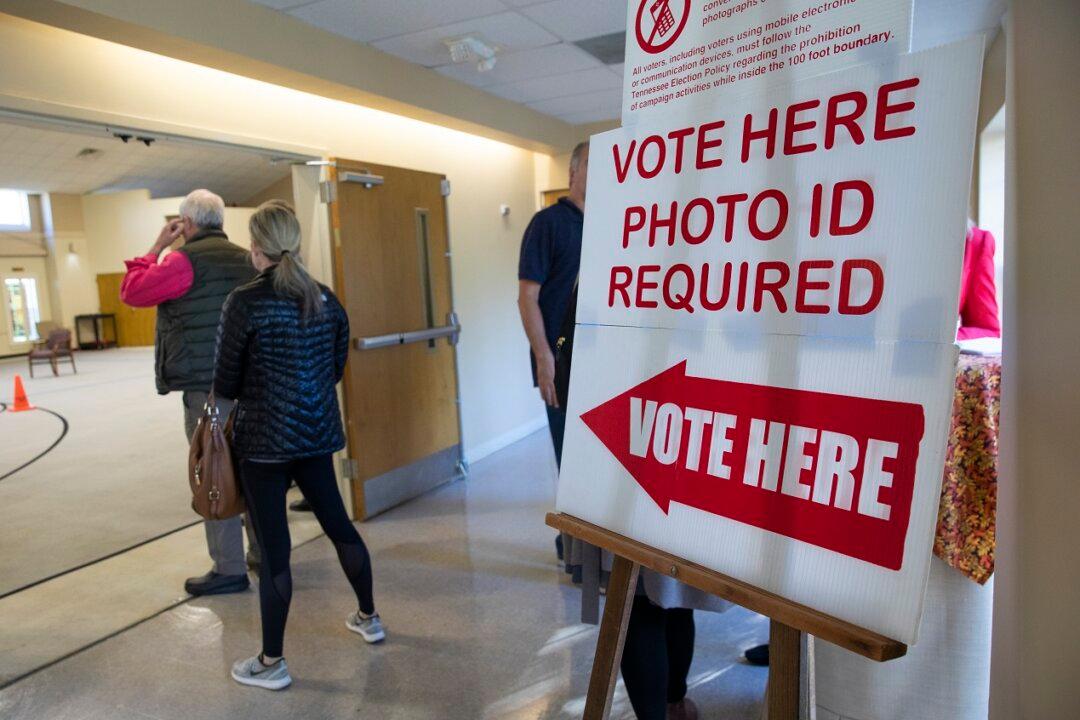When the Arizona House on Feb. 28 approved a resolution to place a proposed statute expanding voter identification requirements on November’s ballot, it became the first election integrity measure to qualify for a public referendum in 2022.
Sponsors of similar citizen-initiated proposed voter ID statutes and constitutional amendments are collecting signatures in four states—Michigan, Missouri, Nebraska, and Nevada—but face encroaching deadlines, progressive countermeasures, and legal challenges.





